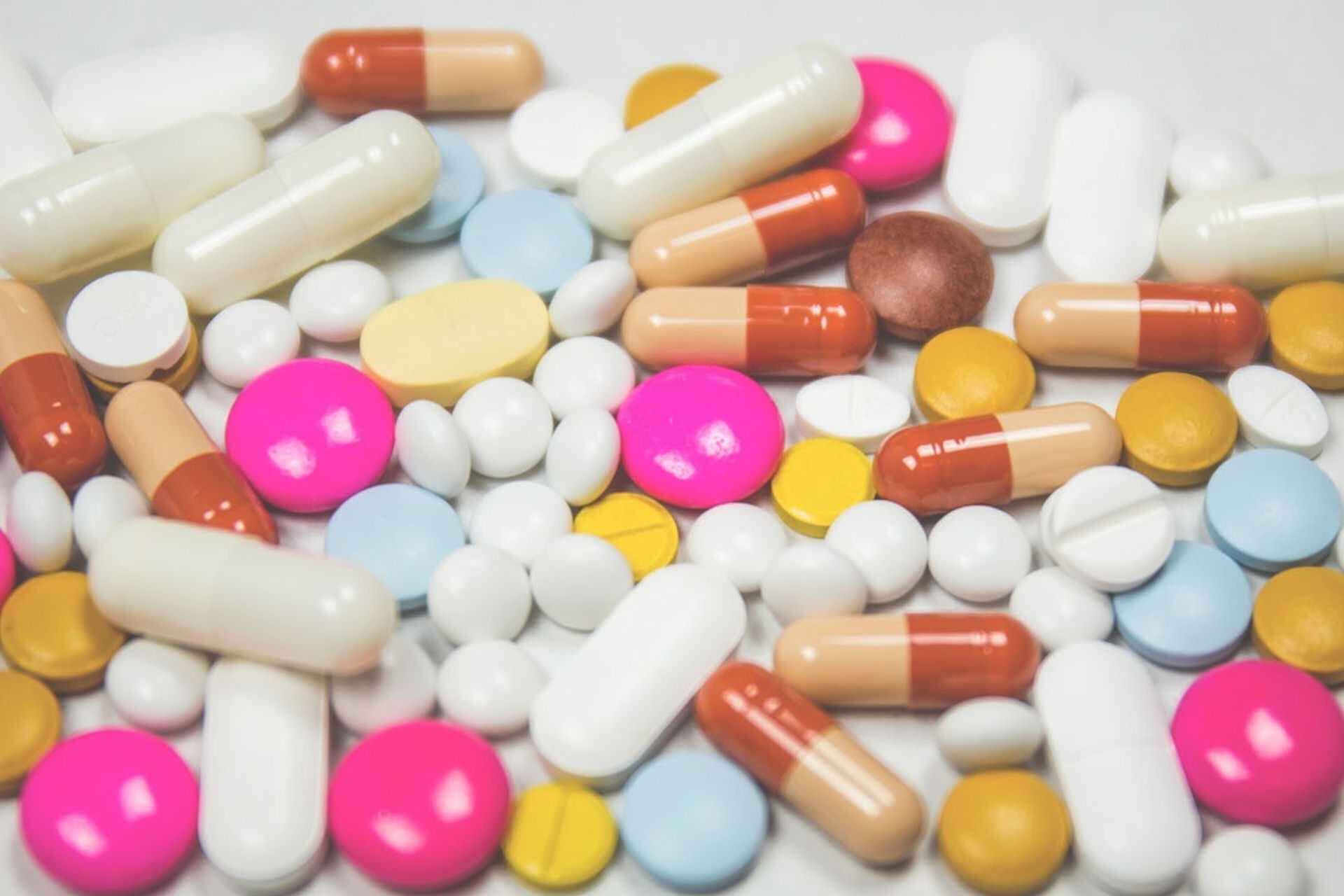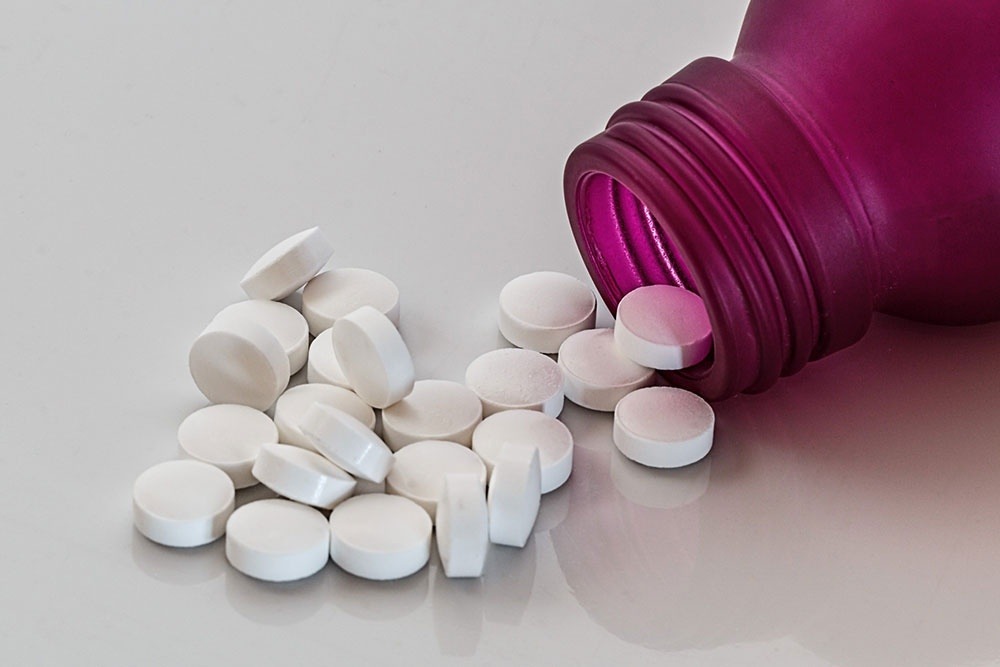Understanding the complexities of our minds is a challenging task, especially when the influence of substances comes into play. This complexity becomes particularly more difficult to understand when we dive into substance-induced psychosis. It’s a severe mental condition that can manifest as a direct result of drug abuse.
By understanding what substance-induced psychosis is, we can learn about its causes, dangers, and both short-term and long-term effects. Additionally, we can explore treatment options for substance abuse and psychotic disorders.
What is Drug-Induced Psychosis?
Substance-induced psychosis, often referred to as drug-induced psychosis, is a condition where an individual experiences temporary psychosis as a direct result of substance use or withdrawal. Psychosis is characterized by a disconnection from reality, typically involving hallucinations (seeing or hearing things that aren’t there), delusions (false beliefs), and disordered thoughts.
Drug-induced psychosis can occur with various substances, including alcohol, cannabis, hallucinogens, stimulants such as cocaine or methamphetamine, and sedatives. While these symptoms often subside once the substance leaves the body, this isn’t always the case, and sometimes, they persist long after substance use has ceased.
What are the Symptoms of Drug-Induced Psychosis?
- Hallucinations: People experiencing drug-induced psychosis may see, hear, feel, taste, or smell things that are not actually there. These sensory experiences can be very vivid and convincing, making it difficult for the individual to distinguish between reality and hallucinations.
- Delusions: Delusions are false beliefs that are not based on reality. In the context of drug-induced psychosis, these beliefs may be bizarre or paranoid in nature, such as believing that one is being followed or that their thoughts are being controlled by external forces.
- Disorganized thinking: Individuals suffering from drug-induced psychosis may have trouble organizing their thoughts and expressing themselves clearly. This can manifest as disjointed speech, difficulty staying on topic, or speaking in a manner that is difficult for others to understand.
- Disturbances in perception: People with drug-induced psychosis may experience altered perceptions of time, space, and bodily sensations, leading to confusion and disorientation.
- Emotional disturbances: Emotional symptoms may include heightened anxiety, agitation, irritability, mood swings, or inappropriate emotional responses to situations.
- Impaired judgment and decision-making: Those experiencing drug-induced psychosis may exhibit poor judgment and difficulty making decisions, often leading to risky or dangerous behaviors.
- Social withdrawal: As a result of the distressing symptoms, individuals may withdraw from social interactions and isolate themselves from friends and family.
- Sleep disturbances: Insomnia or erratic sleep patterns may occur during drug-induced psychosis, further exacerbating the individual’s mental state.
- Psychomotor agitation: Some people may exhibit restless or repetitive movements, pacing, or fidgeting during episodes of drug-induced psychosis.
- Catatonic behavior: In some cases, individuals may experience periods of catatonia, where they become unresponsive, rigid, or exhibit bizarre postures.
It is important to note that the symptoms of drug-induced psychosis can vary depending on the specific substance involved and the individual’s unique reaction to the drug. The duration of the psychosis can also vary, with some episodes resolving shortly after the drug has left the system, while others may persist for days or even weeks.
In some cases, individuals with a predisposition to mental illness may experience a longer-lasting or more severe episode of psychosis. Treatment for drug-induced psychosis typically involves addressing the underlying substance use issue and providing appropriate mental health support to manage the psychotic symptoms.
Causes of Psychosis: How Substance Abuse Can Lead to It
Psychosis is typically a symptom of another condition, such as schizophrenia or bipolar disorder. However, in the case of substance-induced psychosis, the psychosis is directly linked to the substance being abused. This relationship occurs because many substances can significantly alter brain chemistry, causing drastic changes in perception, thought processes, and mood.
The exact biology is still the subject of ongoing research, but it’s clear that many substances can disrupt the delicate balance of chemicals in our brains. This imbalance can trigger psychotic symptoms.
Which Substances Can Cause Drug-Induced Psychosis?
Several substances are known to potentially cause drug-induced psychosis, including alcohol, cannabis, hallucinogens, stimulants, and sedatives. Each of these substances affects the brain differently and can lead to psychotic symptoms under certain conditions.
- Alcohol: Heavy alcohol use can lead to a condition known as alcohol-induced psychotic disorder, usually during severe intoxication or withdrawal. Alcohol affects the brain’s gamma-aminobutyric acid (GABA) system, which is responsible for calming the brain and managing anxiety. Excessive drinking can also cause thiamine deficiency, leading to what’s known as “Wernicke-Korsakoff syndrome,” a severe brain disorder that can result in psychosis.
- Cannabis: Cannabis, particularly strains high in tetrahydrocannabinol (THC), can lead to short-term psychosis-like effects, such as paranoia and hallucinations, in some users. More prolonged, heavy use can lead to a condition known as cannabis-induced psychosis. Cannabis affects the brain’s endocannabinoid system, altering mood, perception, and how the brain processes information.
- Hallucinogens: Hallucinogens, such as LSD (lysergic acid diethylamide), psilocybin (magic mushrooms), and PCP (phencyclidine), primarily affects the brain’s serotonin receptors. These substances can cause hallucinations, altered perception of time, and other changes in perception that can resemble psychotic symptoms.
- Stimulants: Stimulants, such as methamphetamine, cocaine,and amphetamines, can lead to drug-induced psychosis, often characterized by paranoia and hallucinations. These substances increase the level of dopamine in the brain, a neurotransmitter associated with reward and pleasure, which, in excess, can result in psychotic symptoms.
- Sedatives: Certain sedatives, especially benzos, and barbiturates, can cause psychotic symptoms during withdrawal. These drugs enhance the GABA system’s effects, much like alcohol. Abrupt cessation after long-term use can lead to a rebound effect, causing increased anxiety and potentially psychosis.
It’s important to note that while these substances can cause drug-induced psychosis, not everyone who uses these substances will experience these symptoms. Factors such as genetic predisposition, underlying mental health conditions, and the frequency and quantity of substance use all play a role in the likelihood of experiencing drug-induced psychosis.
The Dangers of Drug-Induced Psychosis
Drug-induced psychosis is a dangerous condition that poses several risks. First, the symptoms of psychosis can be terrifying and distressing for the individual experiencing them, potentially leading to self-harm or suicidal thoughts. Those under the influence may not be aware of their actions, which can lead to dangerous behavior and harm to themselves or others.
Second, experiencing psychosis can increase the likelihood of continued substance use, as individuals may turn to substances to cope with their symptoms, leading to a destructive cycle of substance abuse and worsening mental health.
Short-Term and Long-Term Effects of Drug-Induced Psychosis
In the short term, drug-induced psychosis can cause a range of distressing symptoms, including confusion, disorientation, hallucinations, and delusions. These symptoms can lead to significant distress and functional impairment, impacting the individual’s ability to work, study, or engage in daily activities.
In the long term, repeated episodes of drug-induced psychosis can have a lasting impact on the brain. Some individuals may develop a persistent psychotic disorder, such as schizophrenia. Moreover, drug-induced psychosis can be a sign of worsening substance use disorder, leading to a host of associated health, legal, and social problems.
Treatment for Substance Abuse and Psychotic Disorders
Addressing substance-induced psychosis involves treating both the substance abuse issue and the psychotic symptoms. This dual approach is crucial, as merely treating one aspect without addressing the other can lead to a recurrence of symptoms.
At Westwind Recovery®, our expertise lies in tackling concurrent mental health issues and substance use disorders, a concept often referred to as dual diagnosis. Our approach to treatment is rooted in scientific evidence, utilizing a blend of medication, therapeutic interventions, and the strength of peer support.
Medication can help manage psychotic symptoms including antipsychotics, mood stabilizers, antidepressants, and in some cases anxiolytics (medications to manage anxiety symptoms). The specific combination of medications and treatments will depend on the individual’s diagnosis, symptoms, and response to therapy.
Group therapy and community support play a significant role in recovery. Other therapies, including cognitive behavioral therapy (CBT) and motivational interviewing (MI), can address underlying thoughts, behaviors, and motivations related to substance use. In particular, CBT can be highly effective in helping individuals manage their symptoms of psychosis.
We emphasize the importance of a holistic approach within our traditional treatment programs. This approach entails addressing the physical, emotional, psychological, and social aspects of recovery. We engage our clients in a range of recreational and therapeutic activities that promote joy on the road to recovery, under the guidance of our seasoned professionals.
In severe cases, hospitalization may be required for the immediate management of drug-induced psychosis, particularly when there is a risk to the individual or others. Once stable, transitioning to a structured outpatient setting, like that provided at Westwind Recovery®, can facilitate ongoing recovery.
For individuals struggling with substance use disorders, it is essential to know that if you’re experiencing drug-induced psychosis it does not mean it’s an irreversible condition. With the right support and treatment, recovery is possible.
Westwind Recovery® Can Assist Veterans Struggling with PTSD and Alcohol Abuse
At Westwind Recovery®, our mission is to make recovery achievable for everybody. We believe that every life is valuable, and every individual has the potential to create positive change. Through the combination of professional clinical guidance, community support, and an array of therapeutic activities, we provide a pathway toward recovery, self-discovery, and healing.
Substance-induced psychosis is a severe mental health condition triggered by the use of certain substances. Its causes, dangers, and both short-term and long-term effects are profound, emphasizing the urgency of seeking professional help. By recognizing and treating both the substance use and the psychotic symptoms, recovery can be a joyful journey, full of discovery, connection, and ultimately, a return to one’s true self. The road to recovery may be tough, but with the right support, a healthier and happier life lies ahead. Contact our team to learn more about our treatment options!

Dr. Deena is the Chief Clinical Officer of Westwind Recovery®, an award-winning outpatient treatment center in Los Angeles where she oversees the clinical and administrative program and treatment methods. Dr. Deena is a doctor of psychology and licensed clinical social worker since 1993. LCSW #20628. Originally from the East Coast, Dr. Deena has worked running treatment centers, worked as a therapist in psychiatric hospitals as well as school settings and currently has a thriving private practice in the LA area. Dr. Deena has appeared regularly on the Dr. Phil Show as an expert since 2003. She has also been featured on many other TV shows, podcasts and has contributed to written publications as well as podcasts.




